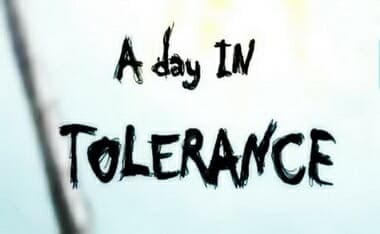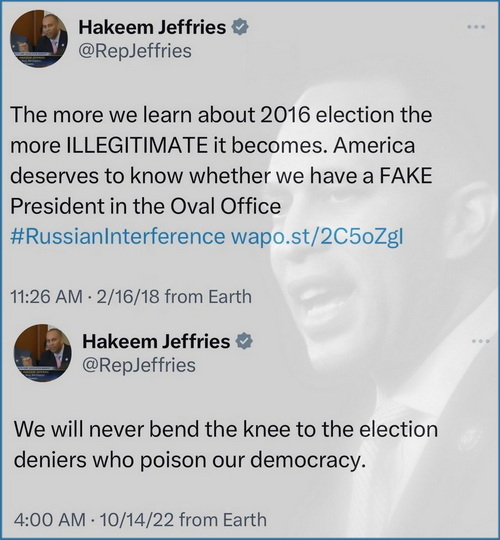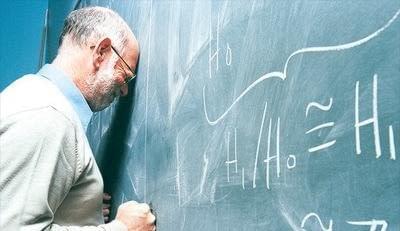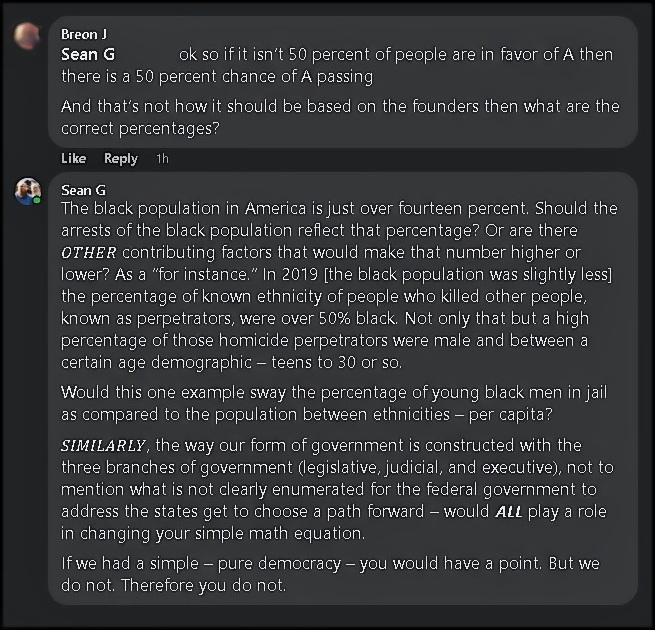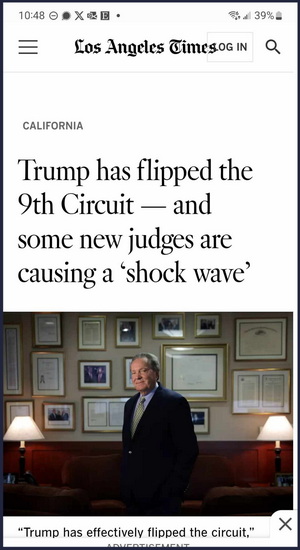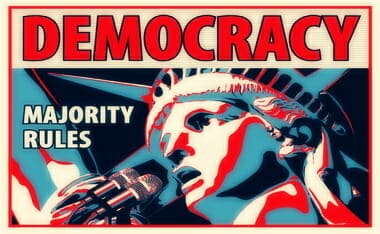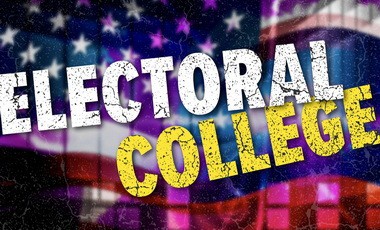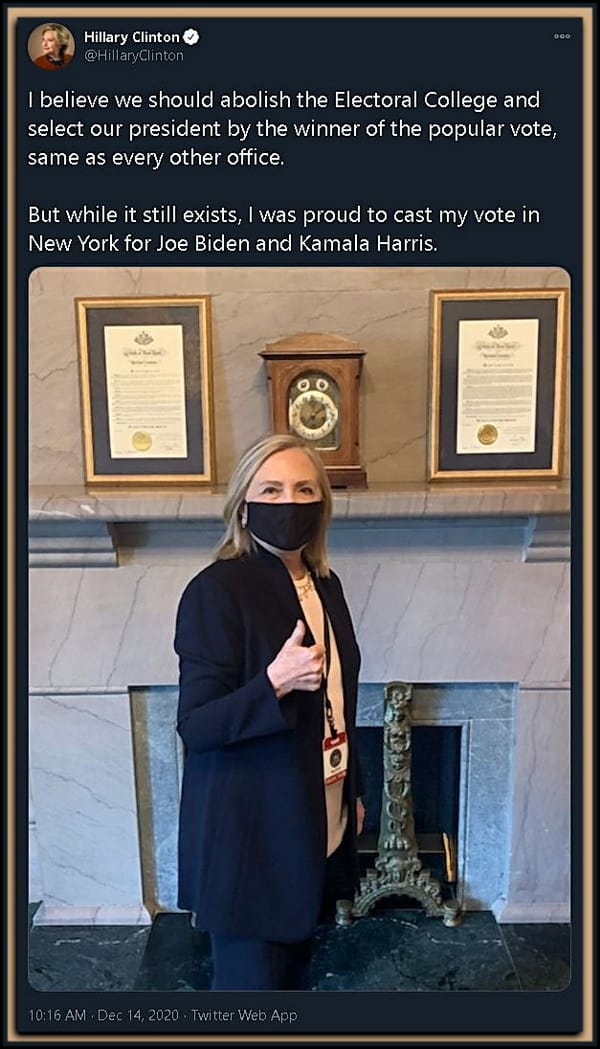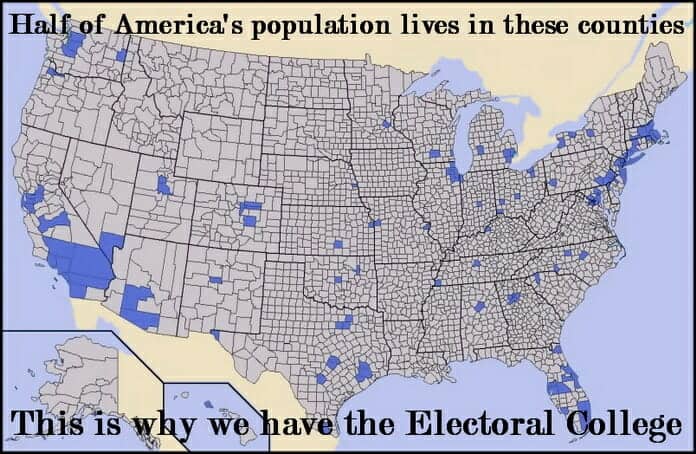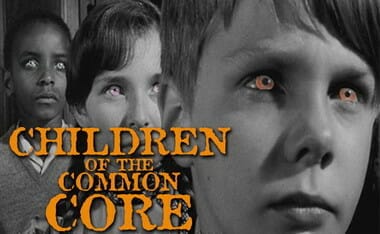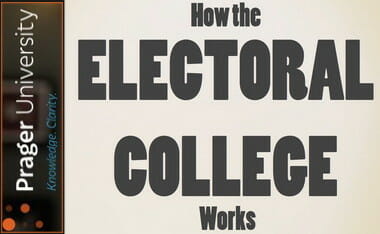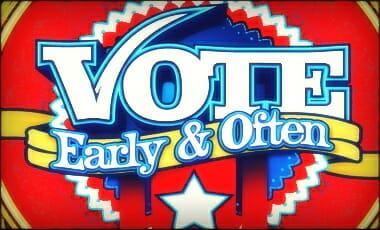CLASSICAL [Paleo] LIBERAL DEFINITION OF TOLERANCE:
Modern day “tolerance” is a bit different than previous days iterations. The “tolerance of old” assumed disagreement in its definition.
It basically said that two people have two views of the world, they can get together [hopefully amiably], and make their points vigorously, walk away either saying “I never thought about that,” or, “I still disagree but let’s meet up next week for pickle ball.”
This definition says you are tolerant by amiably disagreeing. Again, this historical tolerance accepted disagreement.
THE MODERN [Woke, Progressive, Left] ILLIBERAL DEFINITION OF TOLERANCE:
The new definition of tolerance rejects disagreement at the outset. This new form tolerance says that if you disagree, you are INTOLERANT.
One of the keys to this view is the person who is saying another is intolerant for disagreeing, is not amiable. They are activists. They want all of society to think a certain way… or else.
They also posit that the “disagreeing” person is not just wrong, but in many ways evil. And to prove this they attack a sign around their neck that reads any number of these labels: sexist, intolerant, xenophobic, homophobic, Islamophobic, racist, bigoted (S.I.X.H.I.R.B.).
And voilà, this disagreeable person, is a troglodyte deserving of shunning from polite [so-called] society.
…..Technically, tolerance is an attitude of putting up with those with whom we differ. Tolerance presupposes there are differences and yet, in order to get along, we tolerate our opponents as fellow human beings, Americans and neighbors. We find ways to work together for the common good while still maintaining our differences.
But, with the death of trust, tolerance has gone from being a mature and honorable tension to being a binary state of war because trust has been evaporated from the equation. Let me explain: Historically, there have always been ethical binaries. That is, ethical pairs that were either/or. For example, something is either right or wrong, good or evil, black or white, up or down. But many ethical components are non-binary — think on a spectrum. For example, cold, cool, tepid, warm, hot. Throughout history, tolerance was non-binary. It was more needed when relating to those who differed greatly, less so with those more aligned with us.
But, today, the ethics of tolerance have become binary, either/or, and this has eliminated the basic meaning of tolerance altogether.
Today, love and hate are binary. If you don’t love something, if you don’t agree, don’t applaud, and don’t acknowledge ideas or behavior as ethically acceptable, then you are a hater. Consequently, there is no longer a sense of tolerance. The whole concept has been wiped from the page of society in our day. When it comes to our enemies, we don’t tolerate, we terminate.…
(DAVID HEGG @THE SIGNAL — found and added today! 11/01/2023)
This form of “tolerance” has dangerous connotations in wanting to get people by coercion or force to think one way. Totalitarianism, or “total thought.” This leads to programs like “diversity, equity, and inclusion (DEI)” – which are forcing “total thought,” what Tammy Bruce many years ago titled her book about her early encounters with it: “The New Thought Police: Inside the Left’s Assault on Free Speech and Free Minds”
Today, politicians are seriously floating ideas of “re-education camps.” As an example, here is Hillary Clinton speaking about Trump supporters:
“Because at some point, maybe there needs to be a formal deprogramming of the cult members, but something needs to happen” (WALL STREET JOURNAL: “The Totalitarian Heart of Hillary Clinton: The 2016 Election Denier Calls For “Formal Deprogramming” Of Trump Supporters“)
The point made in the title of the Wall Street Journal article is that Hillary vehemently denied the election of 2016:
Remember, Democrats challenged more states electors in 2016 with the election of President Trump in 2020, which is that in 2017 Democrats challenged nine state’s electors and in 2021 Republicans challenged six state’s electors:
9 VS. 6
…In the 2016 presidential election, Trump won 304 electoral votes to Hillary Clinton‘s 227. During the joint session on January 6, 2017, seven House Democrats tried to object to electoral votes from multiple states.
According to a C-SPAN recording of the joint session that took place four years ago, the following House Democrats made objections:
- Jim McGovern (D-Mass.) objected to Alabama’s votes.
- Jamie Raskin (D-Md.) objected to Florida’s votes.
- Pramila Jayapal (D-Wash.) objected to Georgia’s votes.
- Raul Grijalva (D-Ariz.) objected to North Carolina’s votes.
- Sheila Jackson Lee (D-Texas) objected to the votes from North Carolina in addition to votes from South Carolina and Wisconsin. She also stood up and objected citing “massive voter suppression” after Mississippi’s votes were announced.
- Barbara Lee (D-Calif.) brought up allegations of Russian interference in the election and malfunctioning voting machines when she objected following the announcement of Michigan’s votes.
- Maxine Waters (D-Calif) rose and said, “I do not wish to debate. I wish to ask ‘Is there one United States senator who will join me in this letter of objection?'” after the announcement of Wyoming’s votes.
[….]
In 2017, House Democrats objected to votes from Alabama, Florida, Georgia, North Carolina, South Carolina and Wisconsin. Objections also were made after the announcement of votes from Mississippi, Michigan and Wyoming, adding up to nine states. None of the nine objections was considered because they lacked the signature of a senator.
[….]
In total, Republicans made objections to votes from six states: Arizona, Georgia, Michigan, Nevada, Pennsylvania and Wisconsin. By the end of the joint session, Biden’s 306 electoral votes were certified, just as Trump’s votes had been certified in 2017….
You may think that the idea of reeducation camps in America is crazy. But diversity, equity, and inclusion (DEI) programs are basically that. A tyrannical attack on thought. Even THE ATLANTIC knows it is an affront to freedom in their piece titled: “The Worst DEI Policy in Higher Education: At stake: the First Amendment rights and academic freedom of 61,000 professors who teach 1.9 million students”
… Under the changes to California’s education code, all community-college employees will be evaluated in a way that places “significant emphasis” on “antiracist” and “DEIA competencies.” […] For professors, that means all will be judged, whether in hiring, promotion, or tenure decisions, on their embrace of controversial social-justice concepts as those concepts are understood and defined by state education bureaucrats
[….]
… “Under the previous faculty contract, faculty were evaluated for their ‘demonstrated ability to successfully teach students from cultures other than one’s own,’” the FIRE lawsuit notes. “Under the DEIA Rules, however, they are now evaluated on their ‘demonstration of, or progress toward, diversity, equity, inclusion, and accessibility (DEIA) related competencies and teaching and learning practices that reflect DEIA and anti-racist principles.’” Before, professors were judged on whether they “successfully teach students.” Now they’ll be judged on whether they show progress toward abstract competencies that are theorized to help them successfully teach students.
That is a degradation, and Chancellor Christian should reverse course. Many First Amendment experts believe that the new guidelines will be found to violate the civil rights of faculty members. And even if they are upheld, their language and implementation suggestions are so incompetently drafted that even a leading proponent of equity-mindedness can’t quite endorse them as written. Whatever one thinks of social-justice ideology, there are far stronger versions of it.
This is the worst version of DEI.
Sick. But “conservatives are the fascists… gotchya.” (See my previous post regarding DEI: Free Speech Battles | California DEI Totalitarianism)
No reeducation camps for Democrats… just people who believe in traditional marriage, free thought and speech, those who think that being “color-blind” is the way to be. Etc., Etc.,
